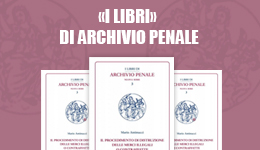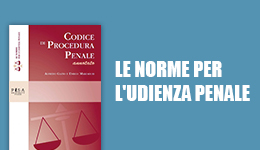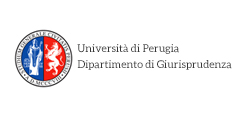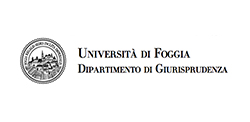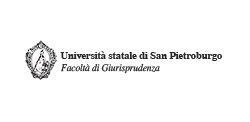Ricodificazione con la riforma Cartabia: all’ottativo, il rinvio tecnico può diventare definitivo spoils system. Ragionevole durata
Archivio Penale
© dell'autore 2022
Ricevuto: 23 December 2022
| Accettato: 27 December 2022
| Pubblicato: 27 December 2022
L’intero articolo è disponibile
Riassunto
La proprietà distributiva della materia trattata, agganciata ai due capisaldi della legge-delega 2021 e
della riforma 2022 (c.d. “riforma Cartabia”, breviter: d.lgs. n. 150), potrebbe così mapparsi: epitomata in 99 articoli, compendia sei titoli e quello d’esordio riguarda modifiche al c. p. (artt. 1-3). Per il rito penale, ecco l’impianto: il titolo II detta interventi di modifica del c.p.p. (artt. 4-40), ripartito in undici capi che rivisitano ciascuno degli undici libri del codice di procedura penale, mentre il titolo III interviene sulle disposizioni di attuazione, di coordinamento, e transitorie del c.p.p. (art. 41). In via autonoma, il titolo IV è riservato alle norme sulla giustizia riparativa (artt. 42-67). Infine, il titolo V si occupa di un nuovo assetto a determinate leggi speciali (artt. 68-84) e il titolo VI prevede una regolamentazione transitoria, limitata ad alcune materie. L’inventio di un “decreto d’interdizione” o “decreto di arresto” (d-l. 31.10.2022, n. 162) dell’Esecutivo ha innestato un rinvio al 30 dicembre 2022 e un inedito art. 99-bis al d.lgs. n. 150. L’interrogativo: la prorogatio è solo tecnica ed organizzativa o dissimula la preordinazione di operare una rivisitazione della riforma in regime di spoils system?
La variabile si chiama PNRR, però: la Commissione europea ha seguito i lavori della riforma Cartabia ed ora è difficile ipotizzare ad un diverso passo improntato al laissez faire, permettendo una “controriforma”. D’altra parte, la giustizia non dovrebbe essere finanziata ab extra in una predeterminata direzione, dell’efficienza. Si resiste all’opinione secondo cui solo garantendo la ragionevole durata si attua il metodo dialettico: la prima non è categoria autonoma e poziore e l’escussione della prova dichiarativa, con l’esame incrociato, se è un happening, non si presta agli schemi di speedy trial.
Recoding with the Cartabia reform: on the optional basis, the technical referral can become definitive spoils system. Reasonable duration
The distributive ownership of the subject matter, linked to the two cornerstones of the 2021 law-delegation and
of the 2022 reform (so-called "Cartabia reform", breviter: legislative decree n. 150), could be mapped as follows: epitomized in 99 articles, it summarizes six titles and the opening one concerns changes to c. p. (articles 1-3). For the penal rite, here is the structure: Title II dictates modifications to the c.p.p. (articles 4-40), divided into eleven chapters that revisit each of the eleven books of the criminal procedure code, while title III intervenes on the implementation, coordination and transitional provisions of the c.p.p. (Article 41). Independently, Title IV is reserved for the provisions on restorative justice (articles 42-67). Finally, Title V deals with a new structure for certain special laws (articles 68-84) and Title VI provides for transitional regulations, limited to certain matters. The invention of an "interdiction decree" or "arrest decree" (legislative decree 31.10.2022, n. 162) of the Executive has inserted a postponement to 30 December 2022 and an unpublished art. 99-bis to Legislative Decree no. 150. The question: is the prorogatio only technical and organizational or does it conceal the preordainment to carry out a review of the reform under the spoils system?
The variable is called PNRR, however: the European Commission has followed the work of the Cartabia reform and now it is difficult to hypothesize a different step marked by laissez faire, allowing a "counter-reform". On the other hand, justice should not be financed ab extra in a predetermined direction, of efficiency. The opinion according to which the dialectical method is implemented only by guaranteeing a reasonable duration is resisted: the first is not an autonomous and powerful category and the examination of the declarative proof, with cross-examination, if it is a happening, does not lend itself to schemes of speedy trials.
Percorso di valutazione
Peer reviewed. Certificazione della qualità


